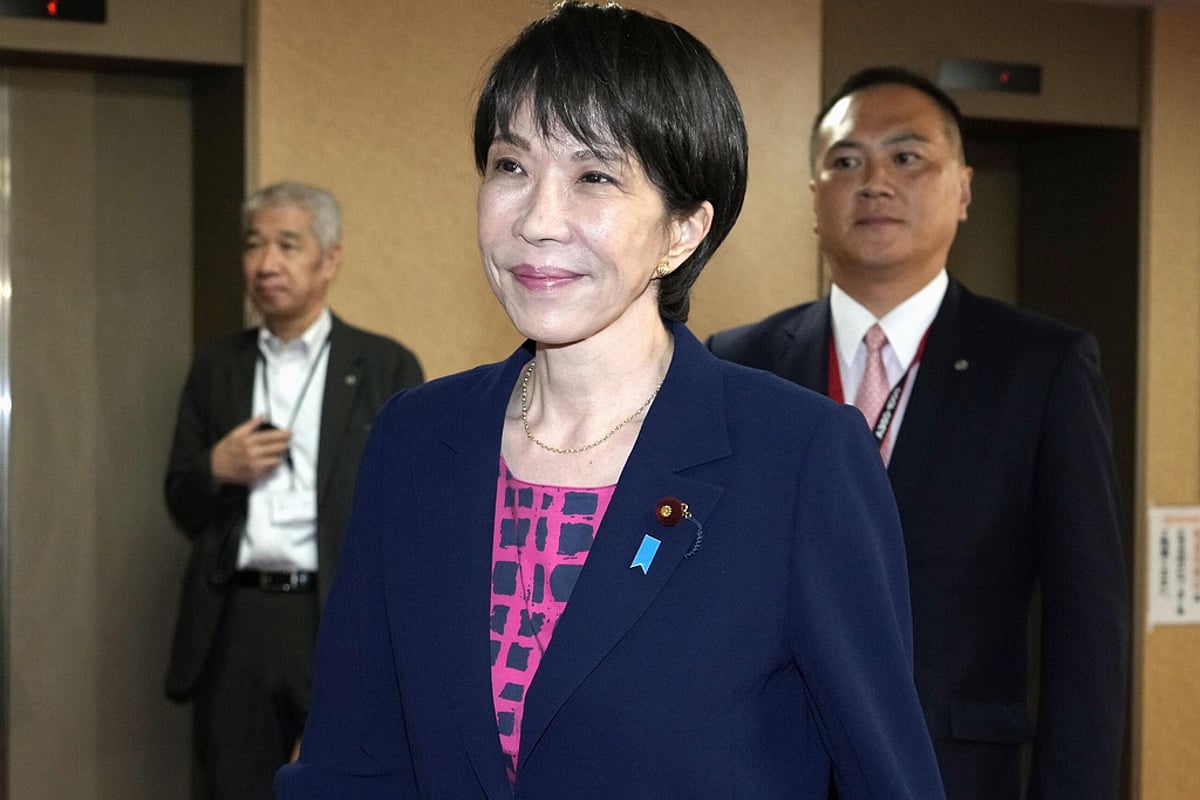Japan Appoints First Female Prime Minister Sanae Takaichi
In a historic move, Japan has appointed Sanae Takaichi as its first female prime minister. The 64-year-old conservative politician, known for her critical stance on China, received overwhelming support from the lower house of parliament, securing her position in a swift first-round vote. Takaichi is set to officially assume her role following a ceremonial meeting with the emperor later today.
Background on Sanae Takaichi
Takaichi has been a prominent figure in Japanese politics, previously serving as the Minister of Internal Affairs and Communications. Her appointment marks a significant milestone in Japan’s political landscape, reflecting a gradual shift towards greater gender representation in leadership roles.
Political Implications
Takaichi’s leadership is expected to influence Japan’s foreign policy, particularly regarding its relations with China and other neighboring countries. Her conservative views may also impact domestic policies, especially in areas such as economic reform and national security.
FAQs
Who is Sanae Takaichi?
Sanae Takaichi is a Japanese politician and member of the Liberal Democratic Party, known for her conservative views and previous role as Minister of Internal Affairs.
What are Takaichi’s main political stances?
Takaichi is recognized for her critical stance on China and her focus on national security, economic reform, and increasing women’s participation in politics.
How does Takaichi’s appointment affect Japan’s political landscape?
Her appointment as the first female prime minister is a significant step towards gender equality in Japanese politics and may lead to shifts in both domestic and foreign policies.
Conclusion
Sanae Takaichi’s appointment as Japan’s first female prime minister is a groundbreaking development in the nation’s political history. As she prepares to take office, her leadership will be closely watched for its impact on both domestic policies and international relations.
Takaichi’s rise to the premiership comes at a time when Japan is grappling with various challenges, including an aging population, economic stagnation, and regional security threats. Her experience in government, particularly as Minister of Internal Affairs and Communications from 2020 to 2021, has equipped her with insights into the complexities of Japan’s administrative functions and public policy. This background may prove beneficial as she navigates the intricacies of governance and seeks to implement her agenda.
The appointment of Takaichi also highlights the ongoing discussions about gender roles in Japan, a country where women have historically been underrepresented in leadership positions. Despite being one of the world’s largest economies, Japan has faced criticism for its slow progress in gender equality, particularly in the political arena. Takaichi’s leadership could inspire more women to pursue careers in politics and public service, potentially leading to a more balanced representation in the future.
Internationally, Takaichi’s conservative stance may lead to a reevaluation of Japan’s defense policies and its approach to alliances, particularly with the United States. Her views on national security are likely to resonate with those who advocate for a stronger military presence in the region, especially in light of increasing tensions with North Korea and China’s assertive actions in the East China Sea. As she assumes office, the global community will be keenly observing how her administration addresses these pressing issues and whether her policies will align with Japan’s commitments to international peace and stability.
Additionally, Takaichi’s economic policies will be scrutinized as Japan continues to recover from the impacts of the COVID-19 pandemic. Her approach to revitalizing the economy, addressing inflation, and fostering innovation will be critical in determining the country’s economic trajectory. The effectiveness of her administration in tackling these challenges will likely shape public perception and influence her political longevity.
As Japan embarks on this new chapter under Takaichi’s leadership, the implications of her premiership extend beyond domestic borders, potentially reshaping Japan’s role on the global stage. The coming months will be pivotal in assessing how her policies will unfold and their impact on both Japan’s internal dynamics and its relationships with other nations.
Also Read:
DDLJ at 30: Reflecting on Its Cultural Legacy
Nuclear Workers Furloughed as Government Shutdown Continues
Sharjah Day in London Highlights Innovation and Collaboratio







